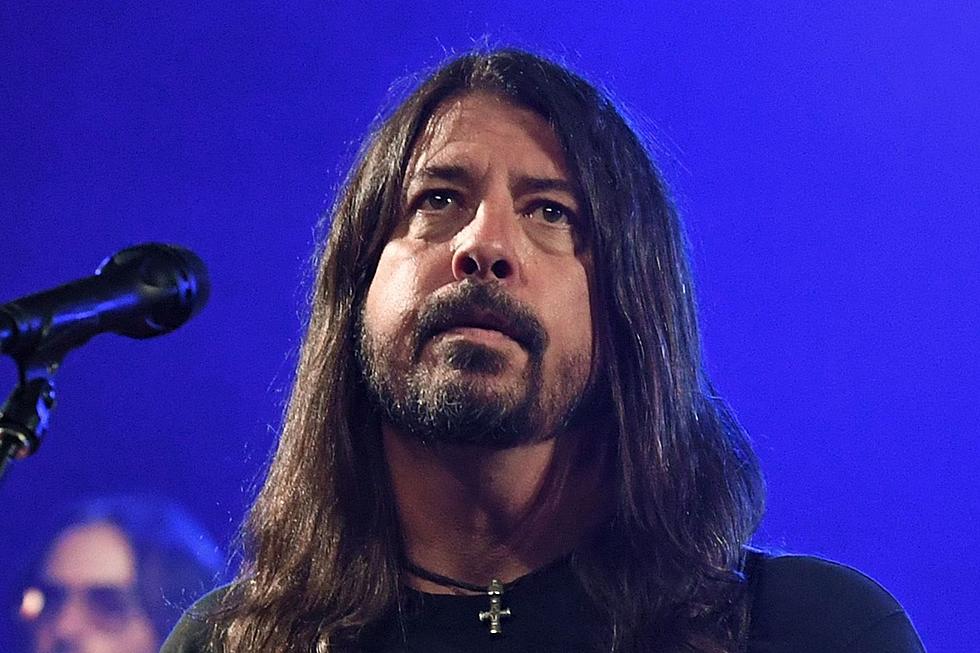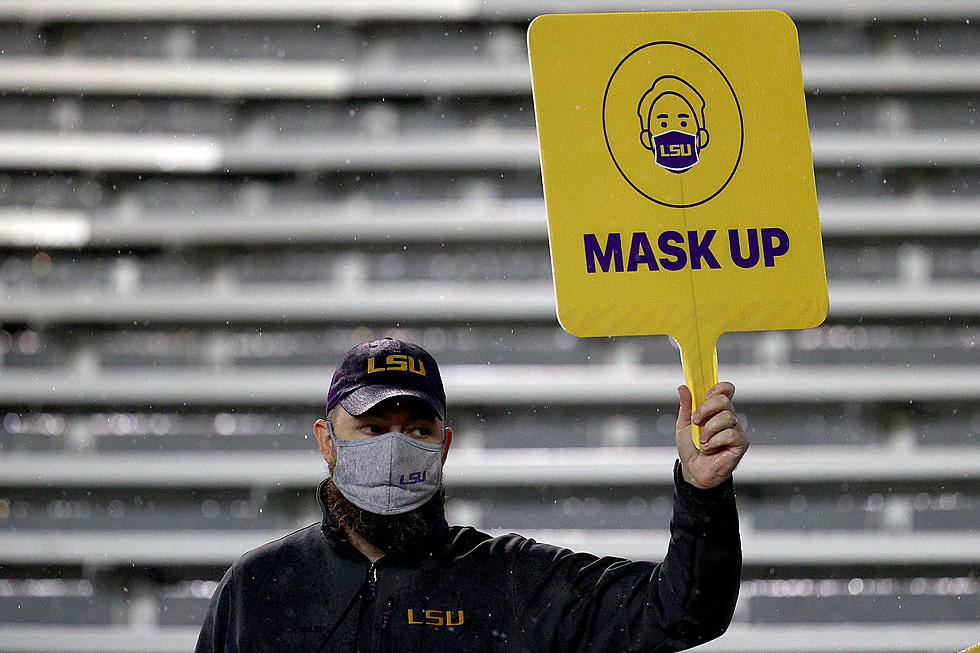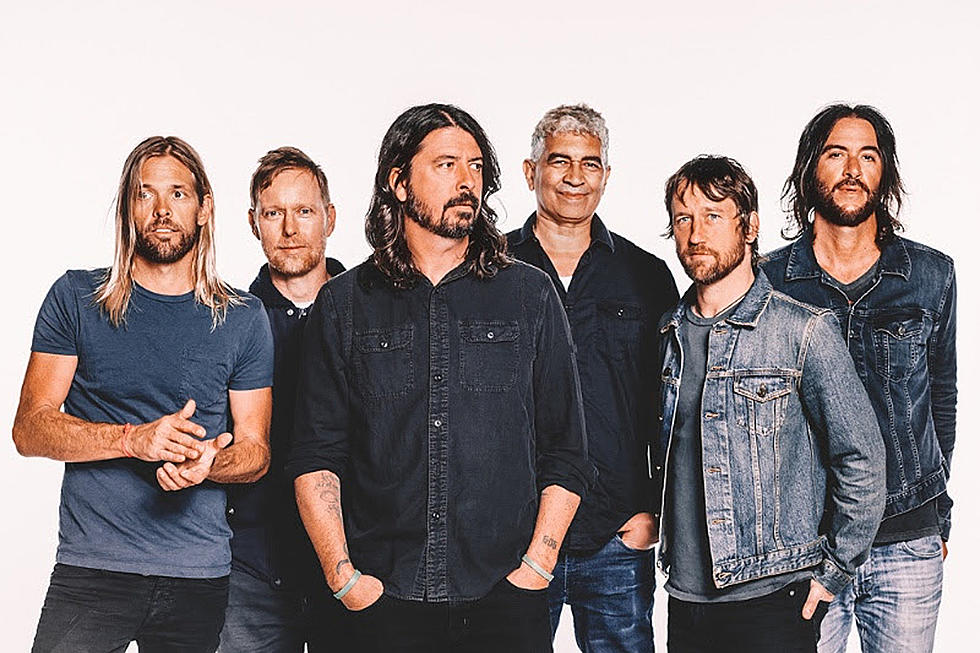
Dave Grohl Says Listening Back to Nirvana’s ‘In Utero’ Makes His ‘Skin Crawl’
Understandably, Dave Grohl might sometimes have difficulty listening to Nirvana, the band for which the Foo Fighters rocker played drums until frontman Kurt Cobain's 1994 death. But it's Nirvana's final album, 1993's In Utero, that's perhaps Grohl's toughest listen.
So much so that it can even make his "skin crawl." That's what Grohl told writer Paul Brannigan in a retrospective discussion sourced for the author's 2011 biography of the musician, This Is a Call: The Life and Times of Dave Grohl. An updated, 10th-anniversary edition of the book is coming out next month, and an interview excerpt from the publication has recently emerged that shows Grohl sharing his unique perspective on In Utero's legacy.
This week (Aug. 24), that portion was shared by Louder. In it, Grohl said In Utero "captured a moment in time for the band, and it's definitely an accurate representation of the time, which was dark. It's a fucking dark album. I don't like listening to that record. It's a weird one for me."
He elaborated, "I hear the songs on the radio every once in a while, and I like the sonic difference of hearing 'All Apologies' or 'Heart-Shaped Box' come on in the middle of a bunch of compressed, Pro Tool-ed modern rock radio music because it stands out. But lyrically and conceptually, it's not something that I like to revisit too often. … What I love the most about [it] is the sound of urgency, and the sound of the three of us in a room."
By now, Nirvana diehards know the history (and conjecture) surrounding the band's creative leap from their mainstream breakthrough on 1991's Nevermind to the more abrasive scope of In Utero. Even years later, Grohl remained firm in that creative decision.
"Nevermind and In Utero are two totally different albums," he said. "Nevermind was intentional, as much as any revisionists might say it was a contrived version of Nirvana, it wasn't — we went down there to make that record, we rehearsed hours and hours and hours, day after day, to get to Nevermind. But In Utero was so different. There was no labored process … [it] just came out, like a purge, and it was so pure."
In Utero was a response "to the success and sound of Nevermind," Grohl added. "We just pushed ourselves in the other direction, like, 'Oh really, that's what you like? Well, here's what we're going to fucking do now!' But it is a hard album for me to listen to from front to back. … It's so real, and because it's such an accurate representation of the band at the time, it brings back other memories; it kinda makes my skin crawl."
The revised This Is a Call arrives Sept. 1; pre-order it here. Foo Fighters' Medicine at Midnight emerged earlier this year with the singles "Waiting on War," "No Son of Mine" and "Shame Shame." In October, the band will be inducted into the Rock and Roll Hall of Fame.
Grohl started Foo Fighters almost immediately after Nirvana's dissolution, debuting with the self-titled Foos album in 1995. They've since released nine more efforts and remain a top draw on the tour circuit.
This Is a Call: The Life and Times of Dave Grohl Book Art
80 Rock + Metal Acts With Multiple Platinum Albums
More From Alt 101.7









